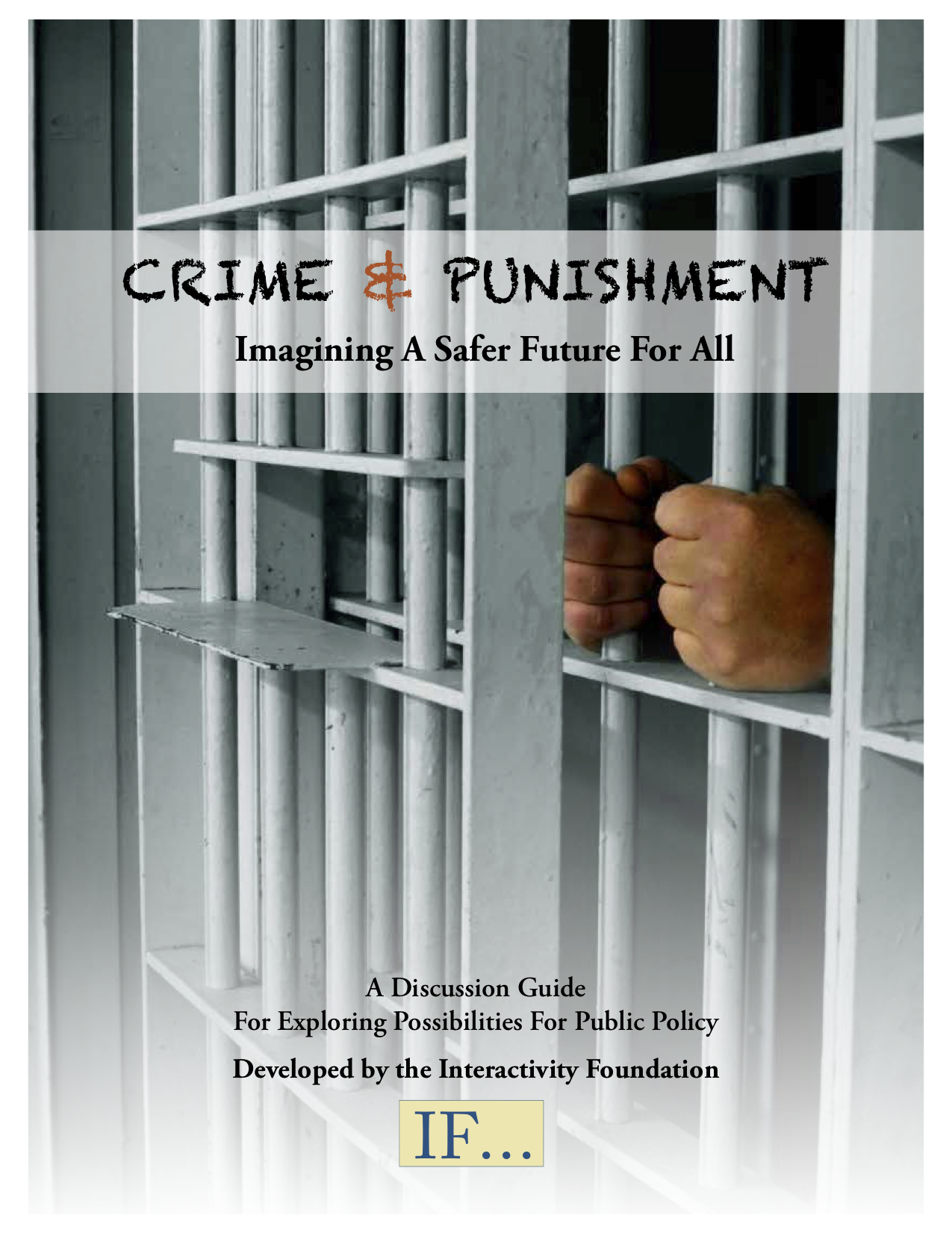The article from Everyday Democracy, 7 Tips For Facilitating Discussions On Community-Police Relations, offers seven guidelines for creating a more comfortable space when facilitating dialogue between the community and police. Below are the seven tips and on Everyday Democracy’s site, you can find the full tip guidelines with examples. Check out it on their site here.
Having conversations about community-police relations can sometimes be uncomfortable. To help dialogue participants feel at ease, facilitators should come prepared to explain certain points at the beginning of the discussion and examine their own biases as well.
Here are seven tips to help facilitators of conversations about community-police relations to help you have a successful, trust-building dialogue:
- Address the issue of race/racism at the beginning
- Explain racial overtones in the discussion guide
- Acknowledge the differences in authority/generation gap among dialogue participants
- Provide an informational sheet for dialogue participants
- Explain why officer are in uniform- or allow officers themselves to explain
- Stress confidentiality
- Be aware of bias
These are just the basic guidelines, the more robust version can be found on Everyday Democracy’s site. Highly recommended to check it out here.
About Everyday Democracy
 Everyday Democracy (formerly called the Study Circles Resource Center) is a project of The Paul J. Aicher Foundation, a private operating foundation dedicated to strengthening deliberative democracy and improving the quality of public life in the United States. Since our founding in 1989, we’ve worked with hundreds of communities across the United States on issues such as: racial equity, poverty reduction and economic development, education reform, early childhood development and building strong neighborhoods. We work with national, regional and state organizations in order to leverage our resources and to expand the reach and impact of civic engagement processes and tools.
Everyday Democracy (formerly called the Study Circles Resource Center) is a project of The Paul J. Aicher Foundation, a private operating foundation dedicated to strengthening deliberative democracy and improving the quality of public life in the United States. Since our founding in 1989, we’ve worked with hundreds of communities across the United States on issues such as: racial equity, poverty reduction and economic development, education reform, early childhood development and building strong neighborhoods. We work with national, regional and state organizations in order to leverage our resources and to expand the reach and impact of civic engagement processes and tools.
We have learned that some of the key components to ensuring racially-equitable systemic change include building relationships, establishing a diverse coalition, having trained peer facilitators during dialogues, building on assets, and linking actions to individual, community, and policy change. We provide online tools and in-person trainings on organizing, racial equity, facilitation, communications, and action planning. We act as a catalyst and coach for communities, knowing that the people of each community are best suited to carry out and sustain the work that will make a difference. The communities we serve are the focal point of our work. Our ultimate aim is to help create communities that value everyone’s voice and work for everyone, and to help create a strong national democracy that upholds these principles.
Follow on Twitter: @EvDem
Resource Link: http://everyday-democracy.org/tips/7-tips-facilitating-discussions-community-police-relations?








 The five policy possibilities are:
The five policy possibilities are: